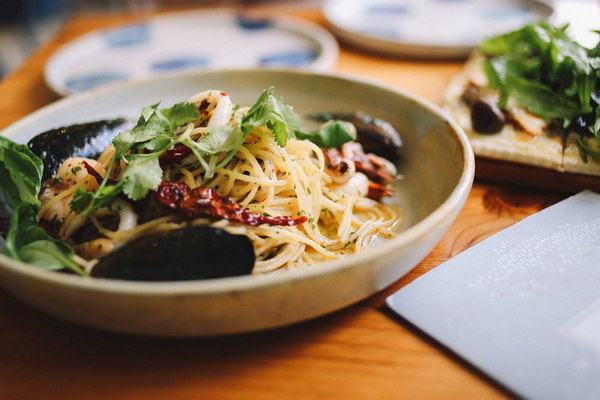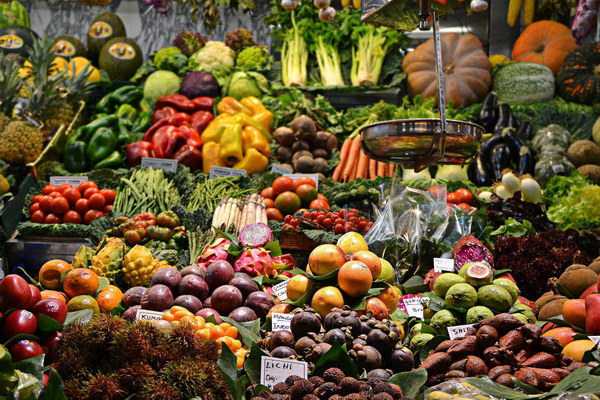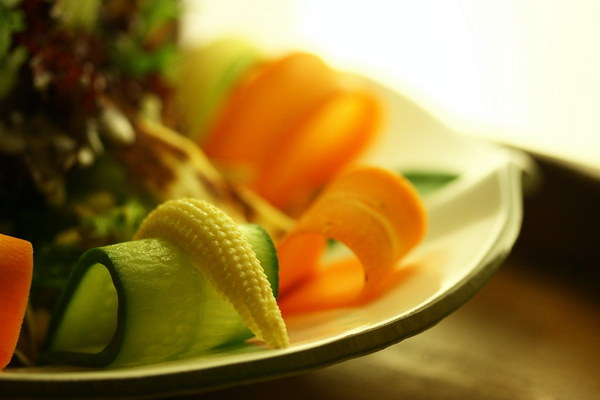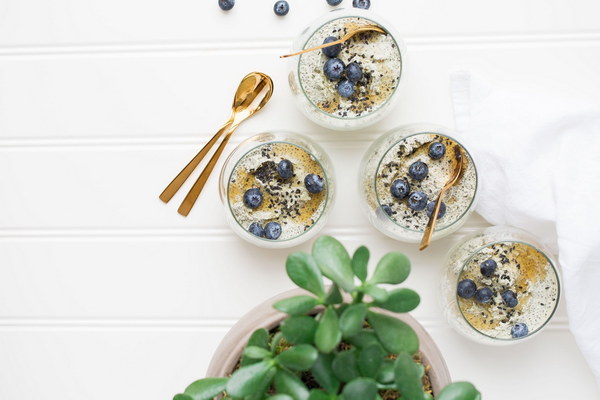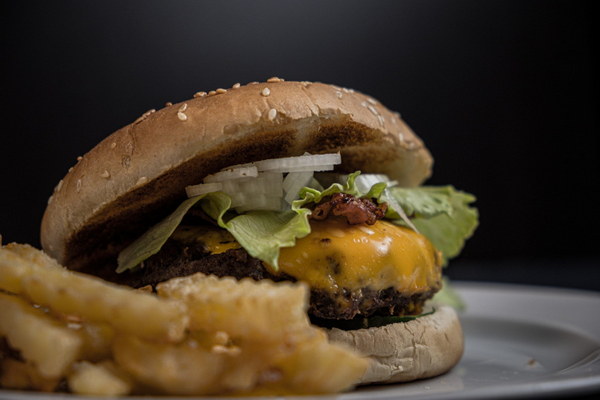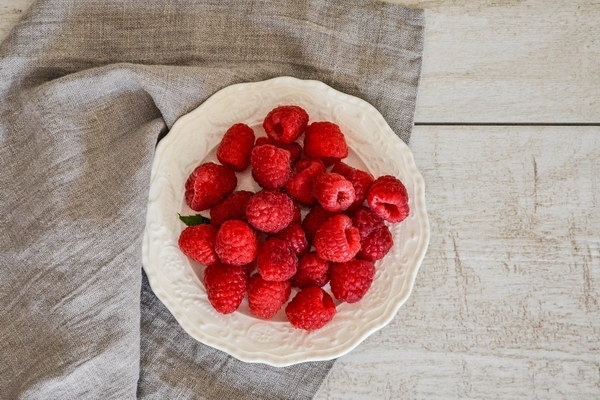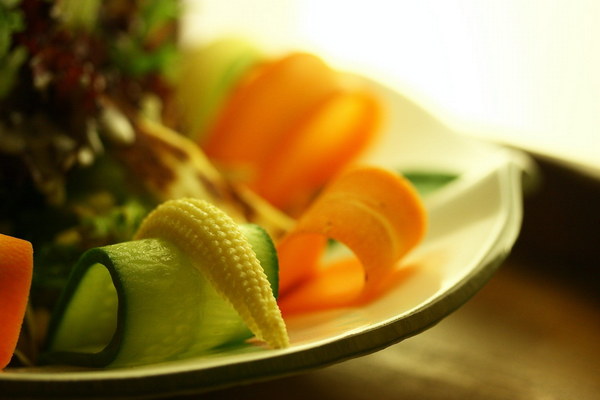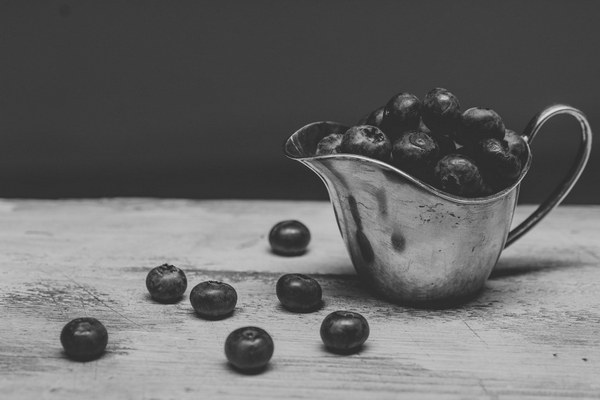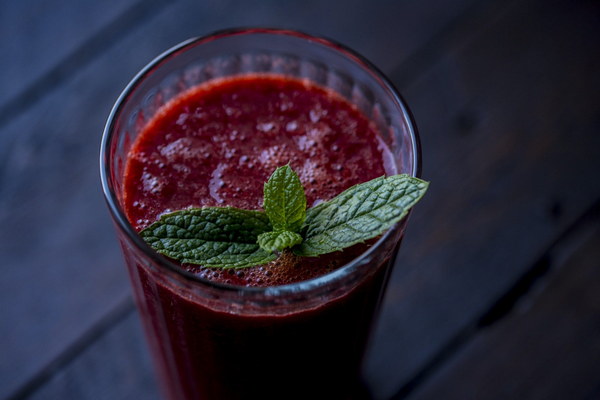Healing Wounds Naturally The Power of Nutritional Supplements
Introduction:
Wound healing is a complex process that requires adequate nutrition to ensure optimal recovery. While medical treatments play a crucial role, incorporating specific nutritional supplements can significantly enhance the healing process. This article explores the benefits of various supplements and their role in promoting wound recovery.
1. Vitamin C:
Vitamin C is a potent antioxidant that plays a vital role in wound healing. It helps in the synthesis of collagen, which is essential for tissue repair. Consuming vitamin C-rich foods, such as citrus fruits, strawberries, bell peppers, and leafy greens, or taking a vitamin C supplement can aid in accelerating the healing process.
2. Vitamin A:
Vitamin A is crucial for the growth and repair of body tissues, including skin. It promotes the development of new skin cells and helps in preventing infections. Foods high in vitamin A include carrots, sweet potatoes, spinach, kale, and liver. Additionally, vitamin A supplements may be beneficial for individuals with specific dietary restrictions or deficiencies.

3. Zinc:
Zinc is a mineral that plays a vital role in wound healing by enhancing immune function, promoting cell division, and reducing inflammation. It also aids in the production of collagen. Foods rich in zinc include oysters, beef, pork, legumes, and nuts. Taking a zinc supplement can be beneficial, especially for individuals with zinc deficiencies.
4. Protein:
Protein is the building block of cells and is essential for tissue repair. Adequate protein intake ensures the body has the necessary amino acids to rebuild damaged tissues. Good sources of protein include lean meats, fish, poultry, dairy products, eggs, legumes, and nuts. Consuming a balanced diet with adequate protein can significantly enhance wound healing.
5. Omega-3 Fatty Acids:
Omega-3 fatty acids have anti-inflammatory properties and can promote the healing process by reducing inflammation and improving blood flow. Foods rich in omega-3 fatty acids include fatty fish (such as salmon, mackerel, and sardines), flaxseeds, chia seeds, and walnuts. Omega-3 supplements may also be beneficial, especially for individuals who do not consume enough omega-3-rich foods.
6. Probiotics:
Probiotics are beneficial bacteria that can improve gut health and enhance immune function. A healthy gut is crucial for wound healing, as it supports the immune system's ability to fight off infections. Consuming probiotic-rich foods such as yogurt, kefir, sauerkraut, and kimchi can promote wound recovery. Probiotic supplements can also be an excellent option for individuals with specific dietary restrictions.
7. Hydration:
Staying hydrated is essential for overall health and wound healing. Adequate water intake helps maintain tissue elasticity, facilitates the transport of nutrients, and aids in the removal of waste products. Aim to drink at least 8 glasses of water daily to support the healing process.
Conclusion:
Incorporating specific nutritional supplements into your diet can significantly enhance the wound healing process. By ensuring adequate intake of vitamins, minerals, proteins, and omega-3 fatty acids, you can support your body's natural healing mechanisms. Additionally, maintaining proper hydration and consuming probiotics can further improve your chances of a faster and healthier recovery. Always consult with a healthcare professional before starting any new supplement regimen.
